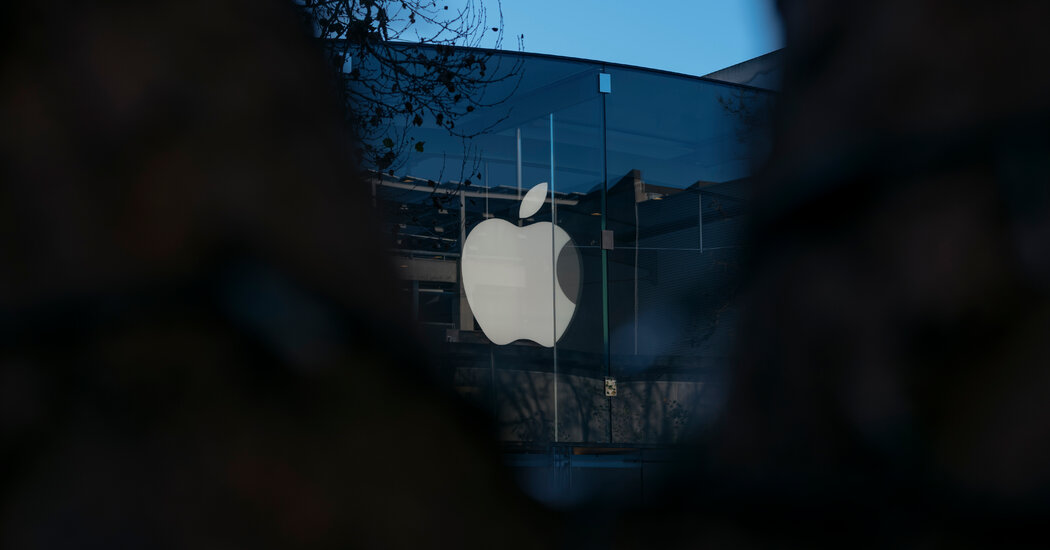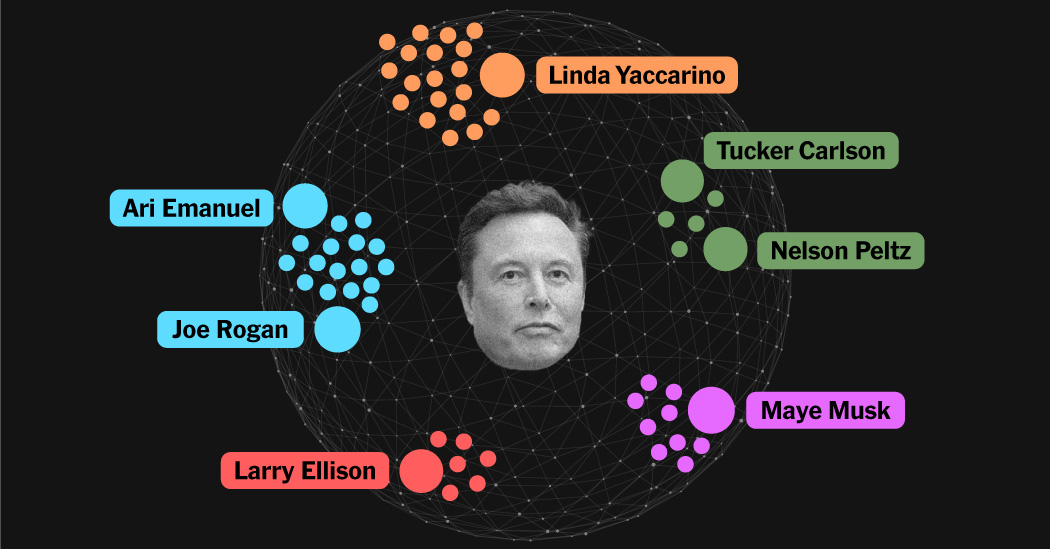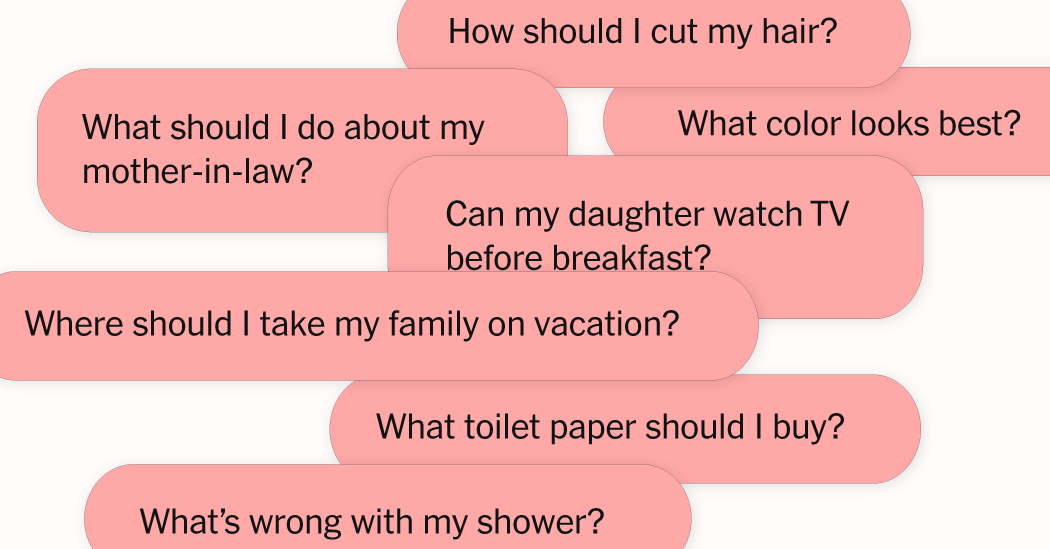The Justice Department and 16 state attorneys general filed an antitrust lawsuit against Apple on Thursday, the federal government’s most significant challenge to the reach and influence of the company that has put iPhones in the hands of more than a billion people.
The government argued that Apple violated antitrust laws by preventing other companies from offering applications that compete with Apple products like its digital wallets, which could diminish the value of the iPhone. Apple’s policies hurt consumers and smaller companies that compete with some of Apple’s services, according to excerpts from the lawsuit released by the government, which was filed in the U.S. District Court for the District of New Jersey.
“Each step in Apple’s course of conduct built and reinforced the moat around its smartphone monopoly,” the government said in the lawsuit.
The lawsuit caps years of regulatory scrutiny of Apple’s wildly popular suite of devices and services, which have fueled its growth into a nearly $2.75 trillion public company that was for years the most valuable on the planet. It takes direct aim at the iPhone, Apple’s most popular device and most powerful business, and attacks the way the company has turned the billions of smartphones it has sold since 2007 into the centerpiece of its empire.
By tightly controlling the user experience on iPhones and other devices, Apple has created what critics call an uneven playing field, where it grants its own products and services access to core features that it denies rivals. Over the years, it has limited finance companies’ access to the phone’s payment chip and Bluetooth trackers from tapping into its location-service feature. It’s also easier for users to connect Apple products, like smartwatches and laptops, to the iPhone than to those made by other manufacturers.
The company says this makes its iPhones more secure than other smartphones. But app developers and rival device makers say Apple uses its power to crush competition.
“This lawsuit threatens who we are and the principles that set Apple products apart in fiercely competitive markets,” an Apple spokeswoman said. “If successful, it would hinder our ability to create the kind of technology people expect from Apple — where hardware, software, and services intersect. It would also set a dangerous precedent, empowering government to take a heavy hand in designing people’s technology.”
Apple has effectively fought off other antitrust challenges. In a lawsuit over its App Store policies that Epic Games, the maker of Fortnite, brought in 2020, Apple persuaded the judge that customers could easily switch between its iPhone operating system and Google’s Android system. It has presented data showing that the reason few customers change phones is their loyalty to the iPhone.
It also has defended its business practices in the past by saying its “approach has always been to grow the pie” and “create more opportunities not just for our business, but for artists, creators, entrepreneurs and every ‘crazy one’ with a big idea.”
Every modern-day tech giant has now faced a major federal antitrust challenge. The Justice Department is also pursuing a case against Google’s search business and another focused on Google’s hold over advertising technology. The Federal Trade Commission filed a lawsuit accusing Meta, which owns Facebook, of thwarting competition when it bought Instagram and WhatsApp and another accusing Amazon of abusing its power over online retail. The F.T.C. also tried unsuccessfully to block Microsoft from acquiring Activision Blizzard, the video game publisher.
The lawsuits reflect a push by the regulators to apply greater scrutiny to the companies’ roles as gatekeepers to commerce and communications. In 2019, under President Donald J. Trump, the agencies opened antitrust inquiries into Google, Meta, Amazon and Apple. The Biden administration has put even more energy behind the effort, appointing critics of the tech giants to lead both the F.T.C. and the antitrust division of the Department of Justice.
In Europe, regulators recently punished Apple for preventing music streaming competitors from communicating with users about promotions and options to upgrade their subscriptions, levying a 1.8 billion-euro fine. App makers have also appealed to the European Commission, the European Union’s executive arm, to investigate claims that Apple is violating a new law requiring it to open iPhones to third-party app stores.
In South Korea and the Netherlands, the company is facing potential fines over the fees it charges app developers to use alternative payment processors. Other countries, including Britain, Australia and Japan, are considering rules that would undercut Apple’s grip on the app economy.
The Justice Department, which began its investigation into Apple in 2019, chose to build a broader and more ambitious case than any other regulator has brought against the company. Rather than narrowly focus on the App Store, as European regulators have, it focused on Apple’s entire ecosystem of products and services.
The lawsuit filed Thursday focuses on a group of practices that the government said Apple had used to shore up its dominance.
The company “undermines” the ability of iPhone users to message with owners of other types of smartphones, like those running the Android operating system, the government said. That divide — epitomized by the green bubbles that show an Android owner’s messages — sent a signal that other smartphones were lower quality than the iPhone, according to the lawsuit.
Apple has similarly made it difficult for the iPhone to work with smartwatches other than its own Apple Watch, the government argued. Once an iPhone user owns an Apple Watch it becomes far more costly for them to ditch the phone.
The government also said Apple had tried to maintain its monopoly by not allowing other companies to build their own digital wallets. Apple Wallet is the only app on the iPhone that can use the chip, known as the NFC, that allows a phone to tap-to-pay at checkout. Though Apple encourages banks and credit card companies to allow their products to work inside Apple Wallet, it blocks them from accessing the chip and creating their own wallets as alternatives for customers.
The government also said that Apple refuses to allow game streaming apps that could make the iPhone a less valuable piece of hardware or offer “super apps” that let users perform a variety of activities from one application.







